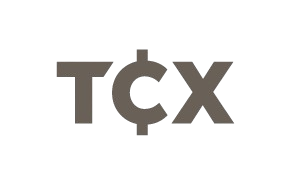India and Pakistan tensions remain high after last week’s Kashmir militant attack. The US has urged both countries to de-escalate, amid Indian accusations that Pakistan was behind the killings and Pakistani warnings of retaliation. Indian assets remain stable, while Pakistan’s fragile economy—dependent on IMF support—faces growing investor pressure.
